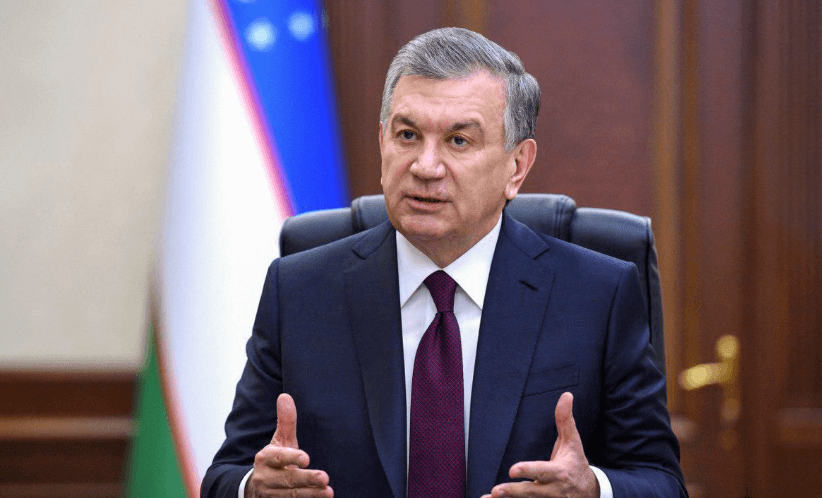A wonderful serenity has taken possession of my entire soul, like these sweet mornings of…
Shavkat Mirziyoyev is remembered for several notable developments and changes during his presidency:
Economic Reforms: Mirziyoyev initiated a series of economic reforms aimed at liberalizing the Uzbek economy. These reforms included measures to attract foreign investment, improve the business environment, and reduce bureaucratic obstacles for businesses.
Regional Diplomacy: He worked to improve relations with neighboring countries in Central Asia and beyond. His administration sought to resolve long-standing disputes and improve trade and economic cooperation in the region.
Human Rights and Political Reforms: Mirziyoyev’s presidency was marked by some efforts to improve human rights conditions in Uzbekistan. There were gradual reforms in the criminal justice system, and the government released some political prisoners. However, concerns about political freedoms and human rights issues persisted.
Openness to Foreign Investment: Uzbekistan under Mirziyoyev opened up to foreign investment and sought to attract more foreign businesses to invest in the country. This included efforts to streamline regulations and promote foreign trade.
Modernization and Infrastructure Development: His administration embarked on various infrastructure development projects, including transportation, healthcare, and education, with the aim of modernizing the country and improving the quality of life for its citizens.
President Shavkat Mirziyoyev appeared to be positive in several areas. However, it’s important to note that the political, economic, and social landscape in any country can change over time, and the prospects for Uzbekistan may have evolved since then. Here are some of the prospects and challenges that were relevant at that time:
- Economic Growth: Uzbekistan’s efforts to liberalize its economy and attract foreign investment were expected to contribute to sustained economic growth. The country’s strategic location in Central Asia also offered opportunities for increased trade and regional cooperation.
- Regional Diplomacy: Improved relations with neighboring countries and efforts to resolve long-standing disputes were seen as a positive step for regional stability and economic integration in Central Asia.
- Modernization: Infrastructure development and modernization projects were expected to enhance the quality of life for Uzbek citizens and make the country more attractive for investors and tourists.
- Political Reforms: The gradual relaxation of some political restrictions and the release of political prisoners suggested a willingness to address human rights and political freedoms issues. However, the pace and extent of these reforms remained a subject of debate.
- Foreign Investment: Continued efforts to attract foreign investment could potentially lead to increased job opportunities, technology transfer, and economic diversification.
Challenges also existed, including the need for further progress in areas such as human rights, the rule of law, and political openness. Additionally, Uzbekistan faced socio-economic challenges, such as addressing income inequality and improving access to education and healthcare.
To assess the current prospects for Uzbekistan, I recommend consulting up-to-date sources and news reports for the latest developments in the country, as well as any changes or shifts in its political, economic, and social landscape. Political and economic conditions can evolve over time, and staying informed about recent events and policy changes is crucial to understanding the current state of affairs in Uzbekistan.

